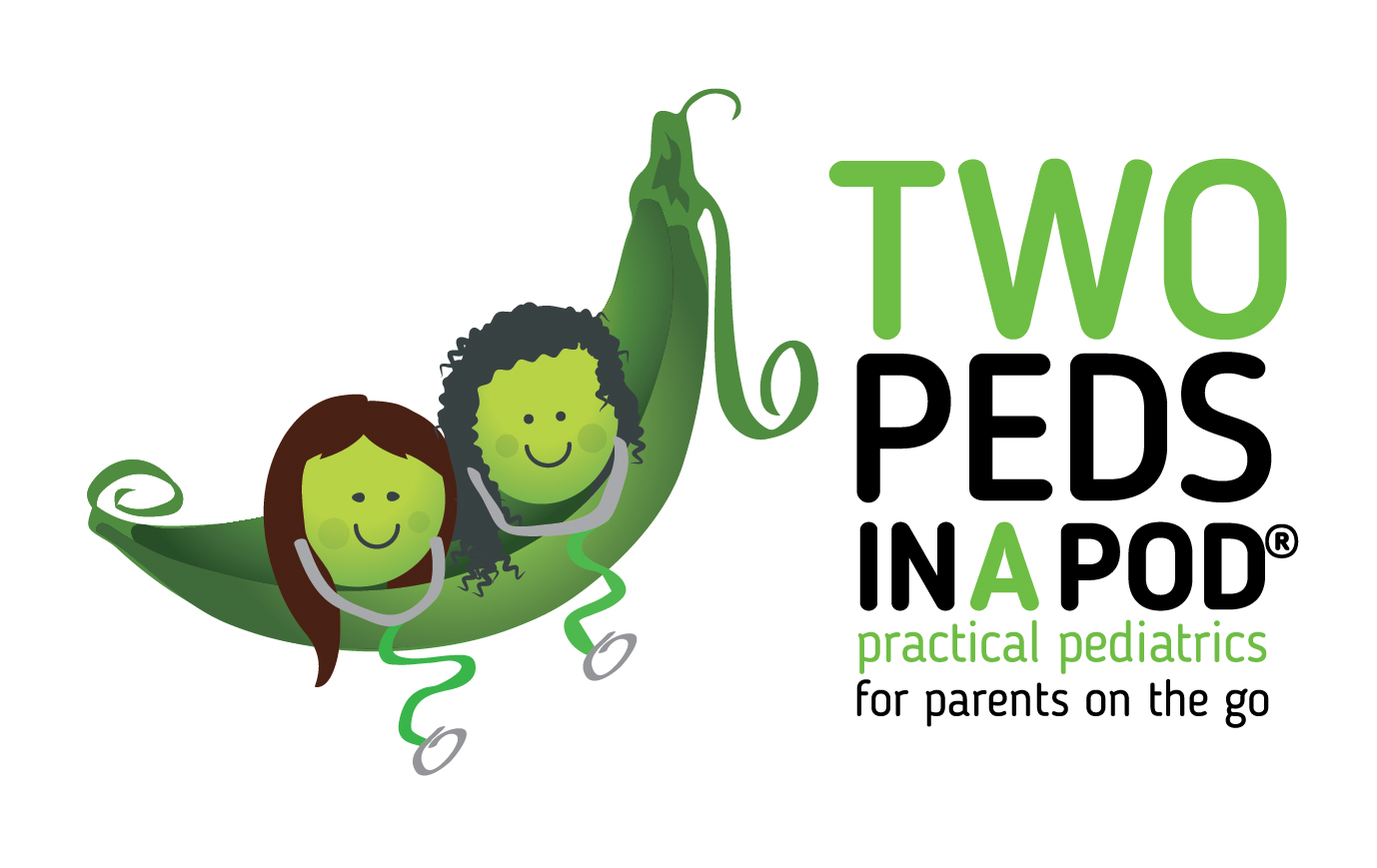A foster mom brought a new child into the office the other day and I smiled picturing her with her last foster child. This thanksgiving, Two Peds in a Pod is grateful for the foster parents who open their homes for dinner today and everyday. Dr. Heather Forkey, Clinical Director of Foster Children Evaluation Service at UMass Children’s Medical Center, provides a post on becoming a foster parent. –Dr. Lai with Dr. Kardos
There are approximately 400,000 children in the US foster care system, with 225,000 entering each year. Most of these children spend time with foster families who open their homes and lives to kids that need a safe nurturing environment while their own parents take the time to address issues which put the child at risk. All types of people make great foster parents, but it is not for everyone. Foster parents must be able to meet the physical, emotional and developmental needs of a child or teen in partnership with community agencies, social workers, schools, and counselors.
If you are considering foster parenting, consider whether you can:
- Provide 24-hour care and supervision on a daily basis
- Be able to care for yourself financially without the child’s stipend
- Be flexible, patient and understanding
- Have a sense of humor
- Recognize the impact of trauma
- Have a home free of fire and safety hazards
- Complete a criminal/protective services background check
- Have the ability to work as a member of a team
If interested, you need to become licensed or approved by your state or county, and that process is different in each locality. One should start by doing an internet search for “becoming a foster parent in (your state or county)”. The child welfare agency for your state (Department of Children and Family Services or Department of Social Services) will also have information about how to start the process.
Children come to foster care often after adverse experiences which we know have health, emotional and developmental consequences. Foster parents who can look at the child’s health and behavior from a perspective of “what happened to the child” rather than “what is wrong with the child”, and observe a child’s behavior through the trauma lens (and help foster and child welfare personnel to do the same) allow the child in their care to view their health and emotions as normal adaptations to unhealthy situations, rather than evidence of illness. This allows the child to go forward with a better understanding of their experience, their own responses and, ultimately, foster health.
Heather C. Forkey, M.D.
Dr. Heather Forkey serves as the Clinical Director, Foster Children Evaluation Service (FaCES) and the Chief of the Child Protection Program at Mass Children’s Medical Center
2015 Two Peds in a Pod®




